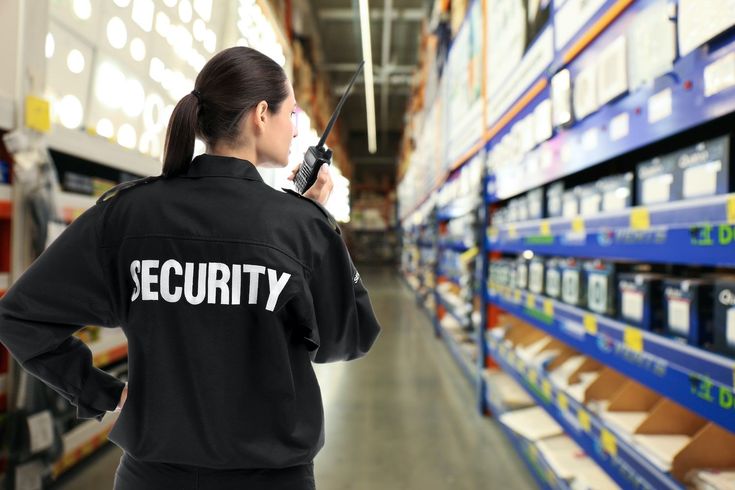Do you know what is common between Carlo Parentela and Daniel Megly?
They own and run Canada’s most successful event management companies.
Managing events requires social skills and hard work. It involves overseeing all logistics for setting up an event and running it without a glitch.
Whether a wedding, conference or a birthday party, an event manager’s job is to manage the logistics, staff, finances and vendors as per the plan.
As an event involves many functions, a manager’s job becomes quite challenging.
What are the responsibilities of an event manager?
Event managers have to wear many hats depending on the type and size of an event. The general responsibilities of an event manager, irrespective of the scope of an even include:
- Fixing up the venue
- Overseeing the logistics
- Managing staffs
- Coordinating with vendors
- Obtaining permits
- Ensuring all safety standard
- Crisis management
- Monitoring the event
How to successfully manage events?
People hire event management companies to execute large-scale events. The client sets a budget and guest details to the event planner, and the company is responsible for the event execution. We can learn from Vaughan’s Carlo Parentela. An experienced and creative event planner and manager execute every aspect of an event smoothly, exceeding their client’s expectations.
Here are ways you can make an event successful.
Learn to multitask: As an event manager, you should be able to juggle between many functions. From guests, kitchen and staff to vendors and logistics, you must ensure that everything is executed well in time.
Be creative: An event is all about creativity, especially if it is a wedding or other social function. Present a unique idea to your client and stick to it. Try to please your guests at every touchpoint.
Train your staff: In the hospitality industry, people are the USPs. Well trained and courteous staff can leave a good impact on your guests. Sometimes, guests overlook a few glitches, if they are served by polite and well-mannered people.
Communicate: You must have good interpersonal skills to succeed in the event industry. Miscommunication can create gaps in the vision and execution of the event. Therefore, talk to your clients regularly to keep them updated, connect with vendors, and communicate the event’s objective clearly to your staff to keep everyone on the same page.
We often use the term ‘event management’ and ‘event planning ‘interchangeably. But, these functions aren’t the same. Although event planners and event managers are part of the same team and work for the common purpose, they share different responsibilities. While an event planner visualizes and conceptualizes the event, the manager ensures the execution happens according to the vision. An event planner requires high levels of creativity, and a manager needs to be organized and skilful. When both work in sync, they make an event successful.



